Scientists find unique amino acid patterns linked to aging, offering insights that may help extend our healthspan.
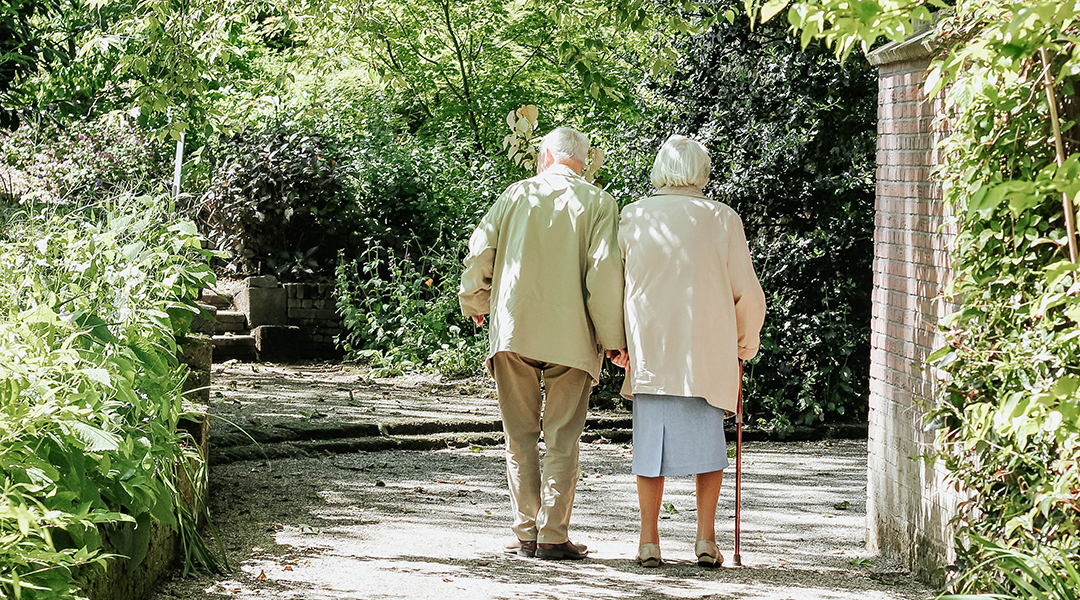


Scientists find unique amino acid patterns linked to aging, offering insights that may help extend our healthspan.
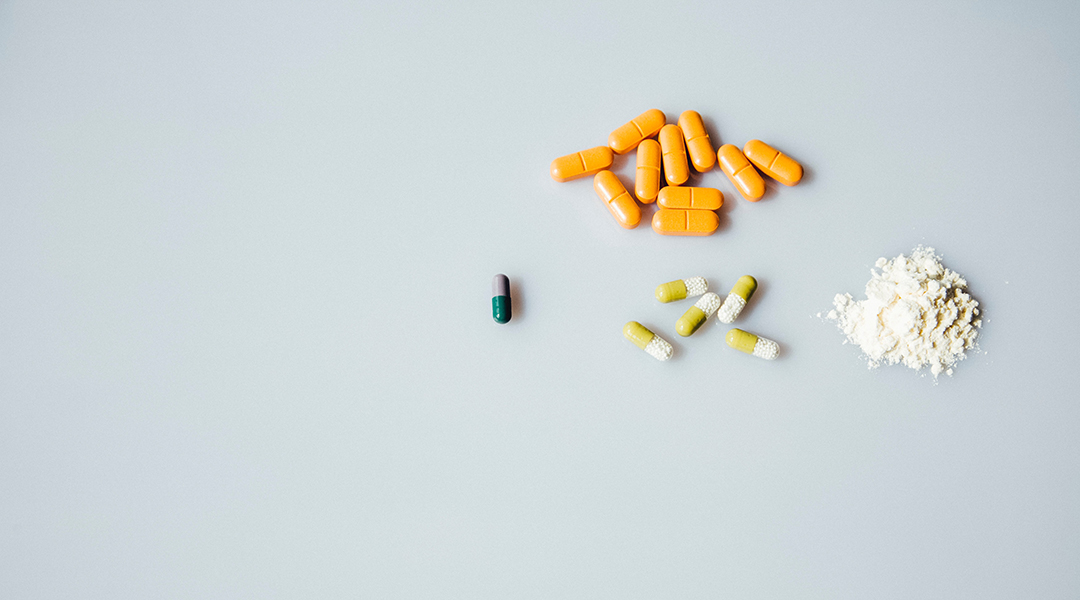
The evidence says healthy people can skip the supplement with peace of mind.
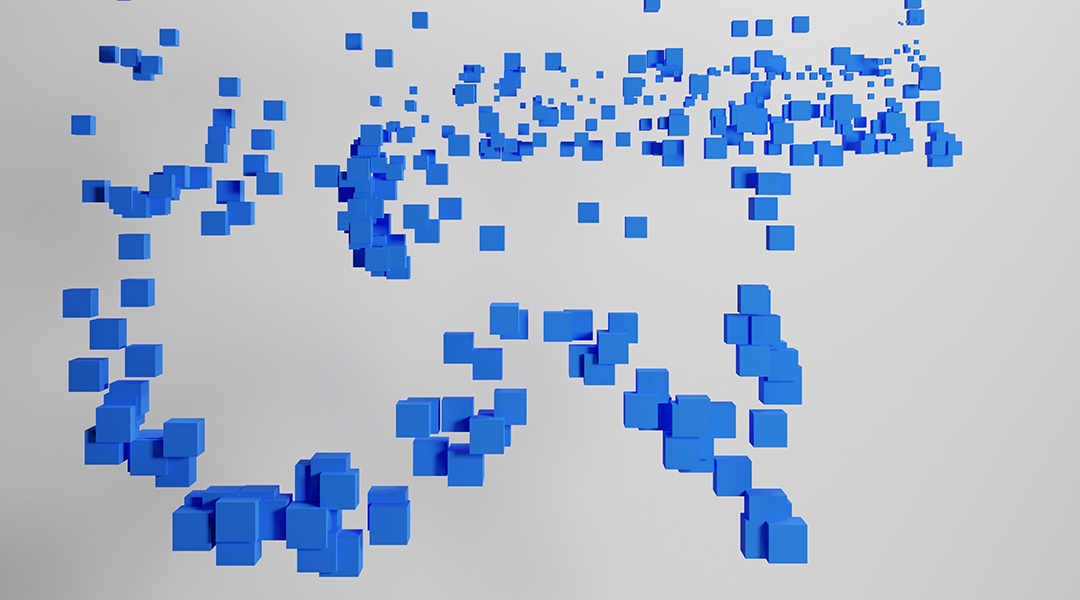
A new AI diagnostic tool uses microbiome data and lifestyle factors to predict risk of multiple diseases, ushering in a new era of personalized healthcare.
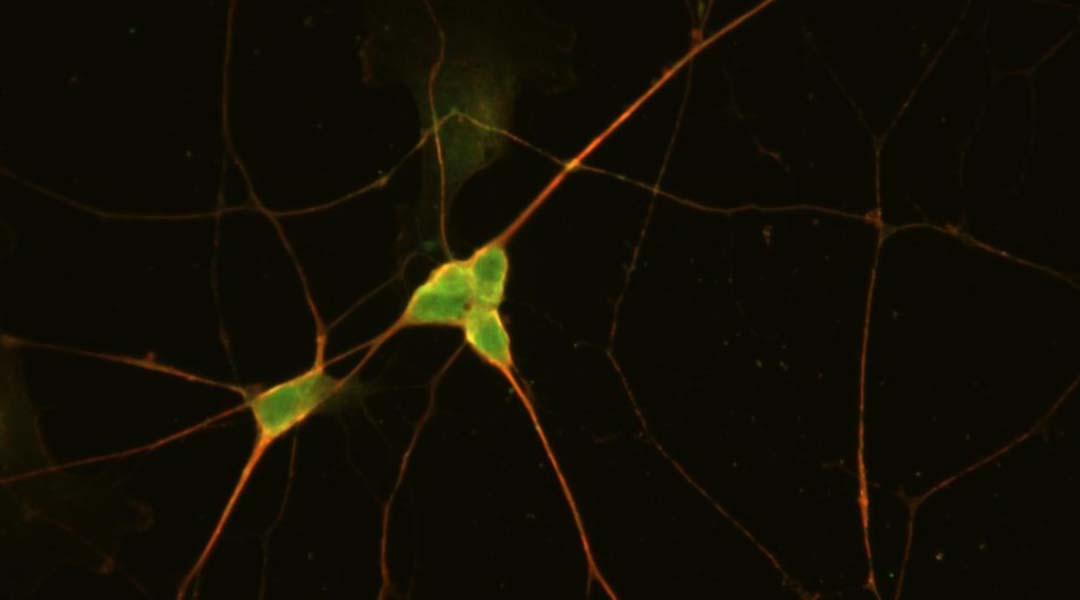
A model based on human stem cell–derived neurons is allowing researchers to understand opioid-induced respiratory failure to improve overdose treatment.
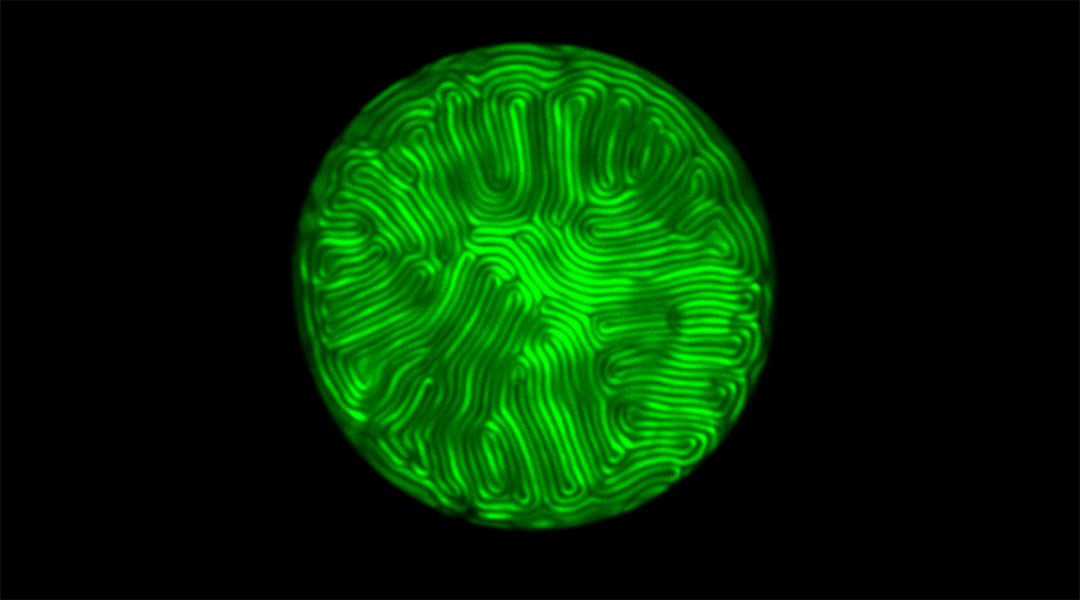
Liquid crystals that generate unclonable fingerprint-like patterns could make the sale of counterfeit goods and theft of personal data much more difficult.

Communicating with animals has long been the dream of scientists and animal lovers alike, and AI has the potential to bring us closer.

The brain activities of two people who learn fear from each other are known to be in sync, but what role does social status play?
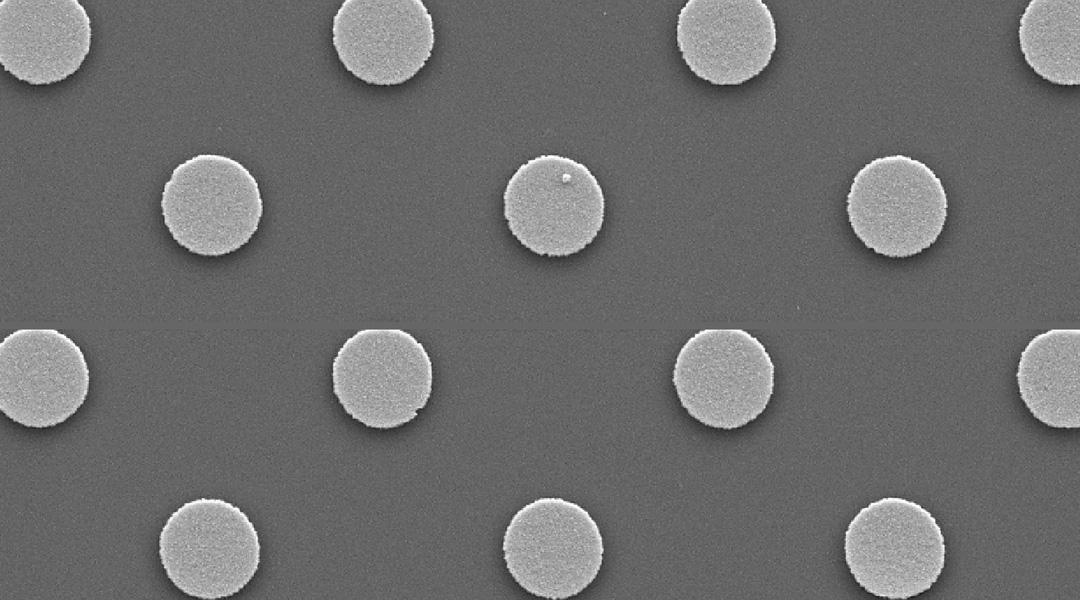
A membrane embedded with magnetic microdisks mechanically stimulates pancreatic cells to produce insulin, which could help treat diabetes.
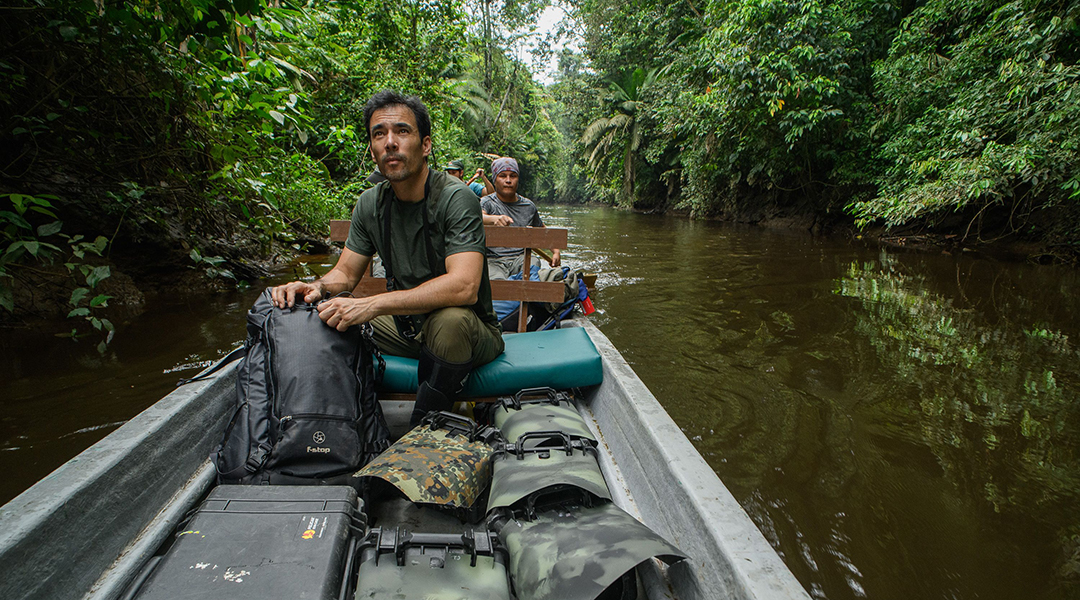
Not just pretty pictures: Borneo-based wildlife photographer and conservationist Chien Lee has a deeper message.
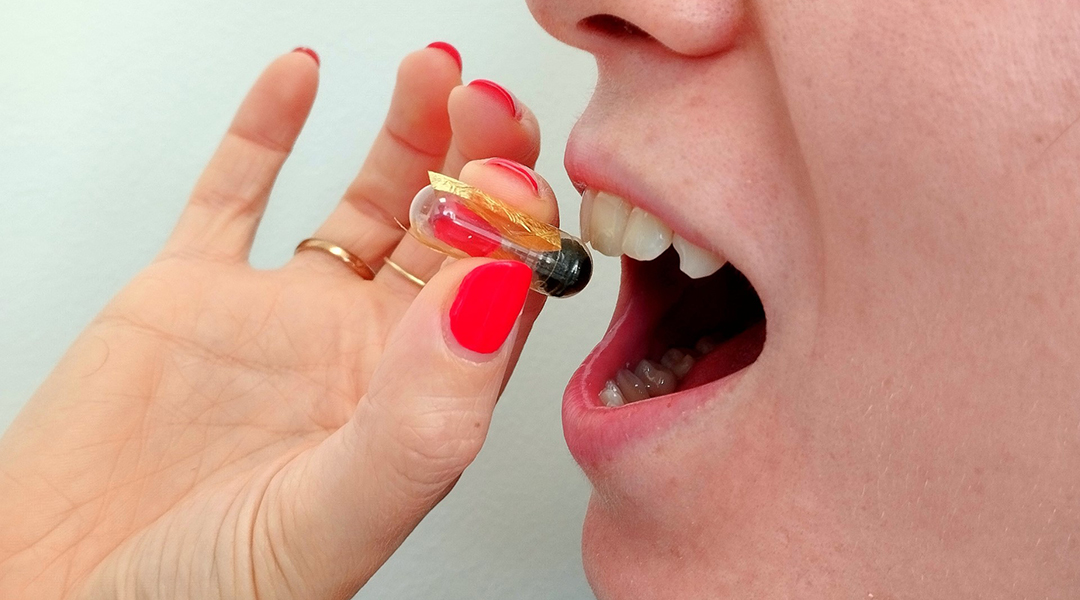
A partially edible robot based on a fully edible sensor addresses the burden of electronic waste while simultaneously acting as a nutrition source.